What are the UK’s red lines in the upcoming trade talks with the EU? Although Boris Johnson has said publicly that he will pursue a Canada-style trade deal and move to an Australia-style deal should that fail, there’s concern on the British side that Brussels is yet to take Johnson at his word when he says divergence is a crucial aspect of any deal. On Monday evening, the Prime Minister’s Europe Advisor and Chief Negotiator David Frost attempted to fix this with a lecture to students and academics at the Université libre de Bruxelles. Frost used the address to try to explain what type of new relationship the UK is seeking to build with the EU this year.
Frost spoke of the UK’s path to becoming a truly sovereign nation. The UK’s lead negotiator was clear that sovereignty came before else. He said that anyone who believes the UK could agree to a situation in which it has to abide by EU rules ‘fails to see the point of what we are doing’. He added that it would be a mistake to read the current language coming from the government on Brexit as a ‘clever tactical positioning’ as the UK would never be able to meet EU demands to align with its standards on state aid, labour rights, tax and the environment:
‘We bring to the negotiations not some clever tactical positioning but the fundamentals of what it means to be an independent country. It is central to our vision that we must have the ability to set laws that suit us – to claim the right that every other non-EU country in the world has.
So to think that we might accept EU supervision on so called level playing field issues simply fails to see the point of what we are doing. It isn’t a simple negotiating position which might move under pressure – it is the point of the whole project. That’s also why we will not extend the transition beyond the end of this year. At that point we recover our political and economic independence in full – why would we want to postpone it?
In short, we only want what other independent countries have.’
Frost did, however, insist that divergence didn’t mean a lowering of standards in these areas – stating that the UK has a record for high standards of regulations that are ‘in many cases better than EU norms or practice’.
Frost said that if Brussels refuses to negotiate a Canada type FTA, the UK will pursue a trading relationship largely on WTO terms with the EU – referring to this as an Australia-style deal. Frost said that the government is aware of the trade-offs that would come from such an arrangement and would still be willing to pursue it:
‘If those doubts persist, we are ready to trade on Australia-style terms if we can’t agree a Canada type FTA. We understand the trade-offs involved – people sometimes say we don’t but we do – and we will be setting out in written form next week actually how we see the shape of the future relationship in more detail.’
So, where does this leave the state of the negotiations? Talks commence next month but unless the EU moves in terms of its objectives, those on the UK side expect a stand-off. Frost’s comments suggest that the UK side is prepared to hold its nerve in the coming months should things get rocky.
Got something to add? Join the discussion and comment below.
Get 10 issues for just $10
Subscribe to The Spectator Australia today for the next 10 magazine issues, plus full online access, for just $10.


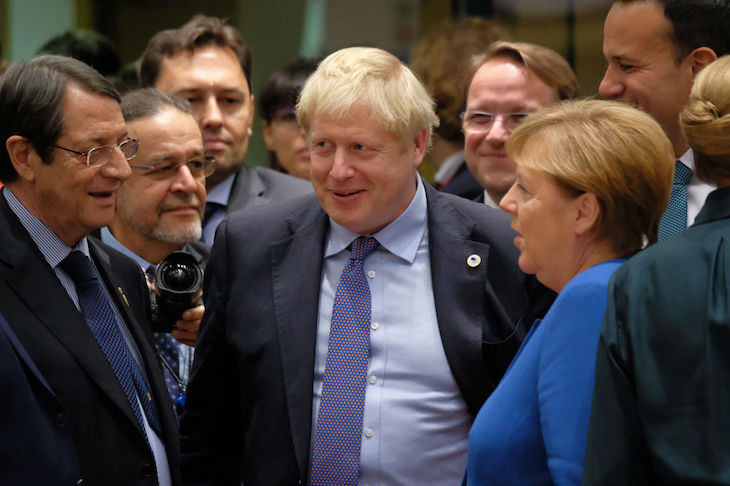

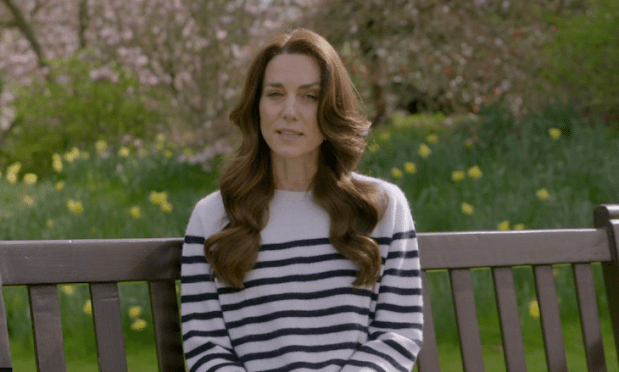
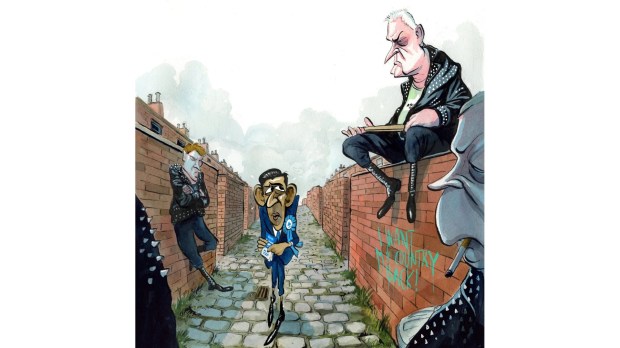
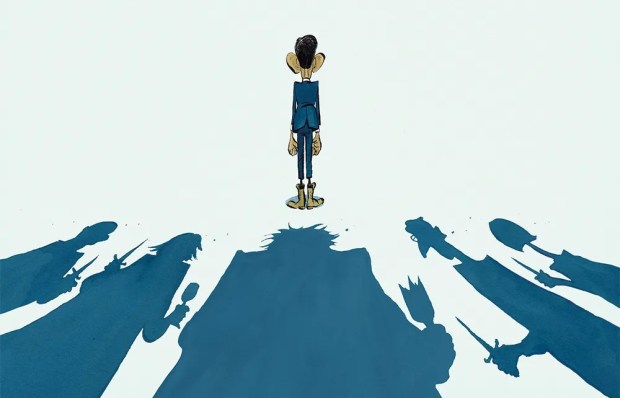
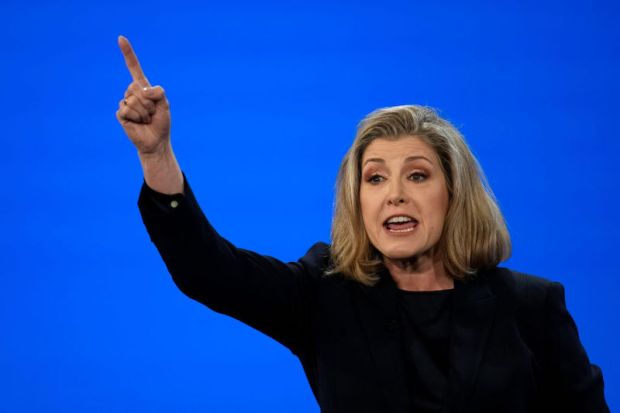












Comments
Don't miss out
Join the conversation with other Spectator Australia readers. Subscribe to leave a comment.
SUBSCRIBEAlready a subscriber? Log in